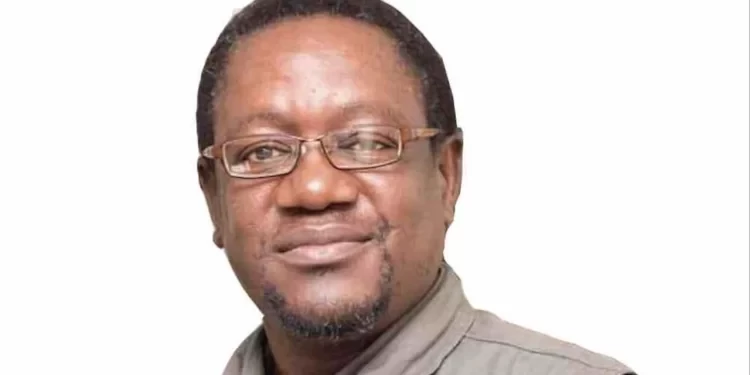
BY TATENDA MACHEKA
The Tongogara refugee camp in Chipinge, in Manicaland province is home to more than 15 000 refugees who have fled war, conflict and unrest across the Great Lakes and Horn of Africa regions.
Many refugees escaped conflict with the few belongings they could carry and most importantly, their life skills which are now being used to keep their hopes alive.
The diverse make up of Tongogara refugee camp includes affected populations from the Democratic Republic of Congo, Rwanda, Burundi, Somalia, Ethiopia, and Eritrea who have been supported by the World Food Programme (WFP) since 2015.
Farming is a profession of hope
Catherine Hatangimana, who fled violence in Rwanda, says she was taught farming by her mother. “The most important thing in life is that we are safe, we have shelter, the kids are going to school and we do not go to bed hungry,” said Catherine.
“Farming is as old as humanity and the world’s most important survival skill and it brings hope to our lives.”
As a staple food, maize is a local favourite. Catherine’s maize is welcomed in the host community market and the money she earns compliments the assistance she receives from WFP, allowing her to purchase needed items such as spices for her traditional recipes.
- Chamisa under fire over US$120K donation
- Mavhunga puts DeMbare into Chibuku quarterfinals
- Pension funds bet on Cabora Bassa oilfields
- Councils defy govt fire tender directive
Keep Reading
Food is a story
Monique, from the Democratic Republic of Congo (DRC), is a mother of six children and a trader.
“I sell fruit and vegetables because they have quick returns. However, I could not travel outside the camp to collect the produce during Covid-19 lockdown which hurt my business,” said a despondent Monique.
“Now, my usual customers are not buying as much as they used to do, but that’s business, next month will be better.”
Sewing is therapy
Bukuru Nema is a 27-year-old tailor. Fashion is her passion and ensuring her community looks good is of utmost importance.
“I sew a variety of clothing from wedding dresses to school uniforms which I learnt to make from my father who was a tailor in the DRC,” said Bukuru. “With the money I make I purchase more cloth and the rest I save for my future.”
Every garment she sews is a reminder of her family she left behind.
Hairdressing is a craft
It’s not only clothes designed by Bukuru that give people in the community a strong sense of style, but also a nicely shaped haircut by MwariraNjaga. “I can make up to US$30 per day charging one dollar per cut,” explained the 27 year old with a big smile.
“There is always a loved one who escaped the DRC with me in need of monthly essentials so I am happy to be in a position to help rather than be dependent.”
Crafting change
It’s always hard to leave your mark away from home. Under Zimbabwean law, only a few refugees are permitted to work outside the camp.
For creative people like Daniel Punga and Jean Tshite from the DRC, they make handmade tables from concrete and wood for sale in the host communities- and the people love the designes.
“The idea is to turn the tables around and sell our products across Zimbabwe,” said a smiling Daniel, who works closely with WFP’s cooperating partner- Terre Des Hommes- to facilitate the interaction with the host communities.
Music is the answer
No matter where you live, music is still a powerful remedy for the soul. It can be used to heal and change the world. One teenager, 19-year-old Tshunza Mudenga, reflects on its power, “I hope that one day the songs I sing will reach the ears of those responsible for the conflict in my home DRC and convince them that peace is what is needed for people to return.”
His music is always accompanied by a group of dancers called The Young Generation Dancers.
As a group, they entertain many people at weddings and other big occasions.
Sport is about discipline and teamwork
In life there are setbacks, and you don’t always win. For some, being a refugee is only part of the journey, but not the final destination. To keep the hope alive, many young people at the camp take part in sport activities such as basketball and soccer.
Sefu Hodavia is 17-years-old and says his dream is to be like Michael Jordan. “Basketball teaches us life skills like how to fail, learn from the setback and move forward,” said Sefu.
Support is still needed for Tongogara
With US$2,2 million contribution from Germany and USAID over the last couple of years, refugees have had the chance to keep their hopes alive, allowing them to focus on their creative skills and dreams, rather than an empty stomach.










